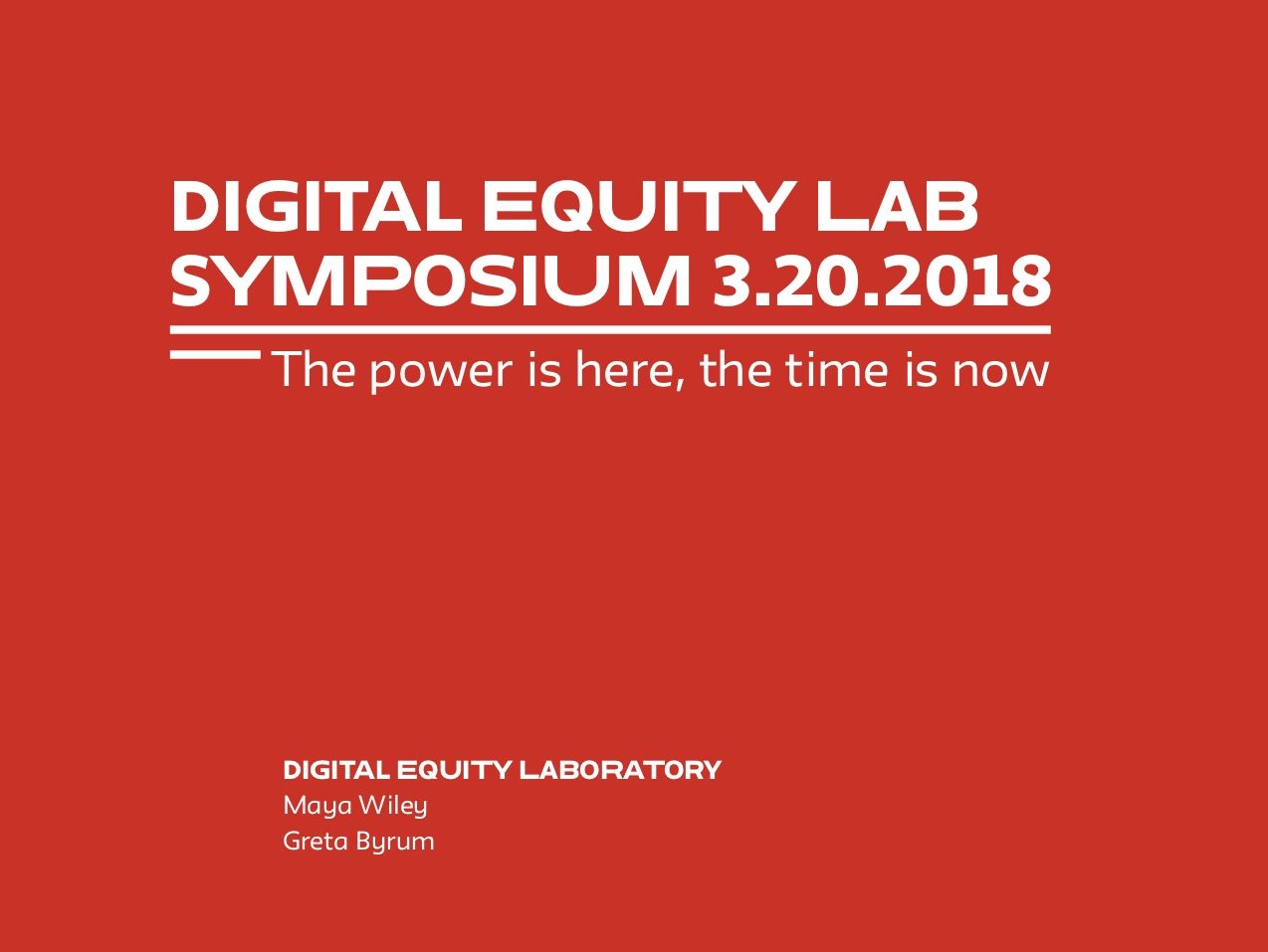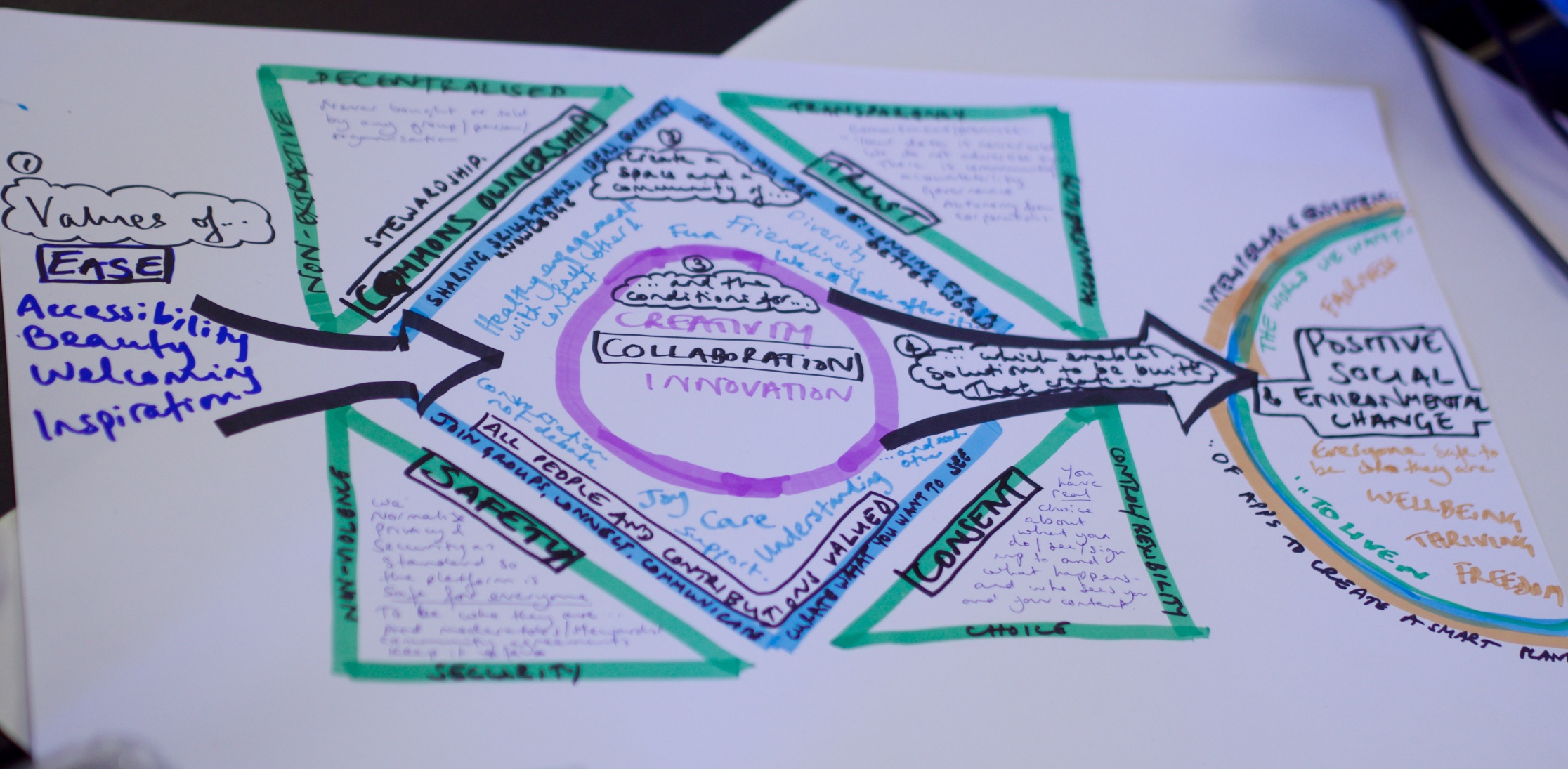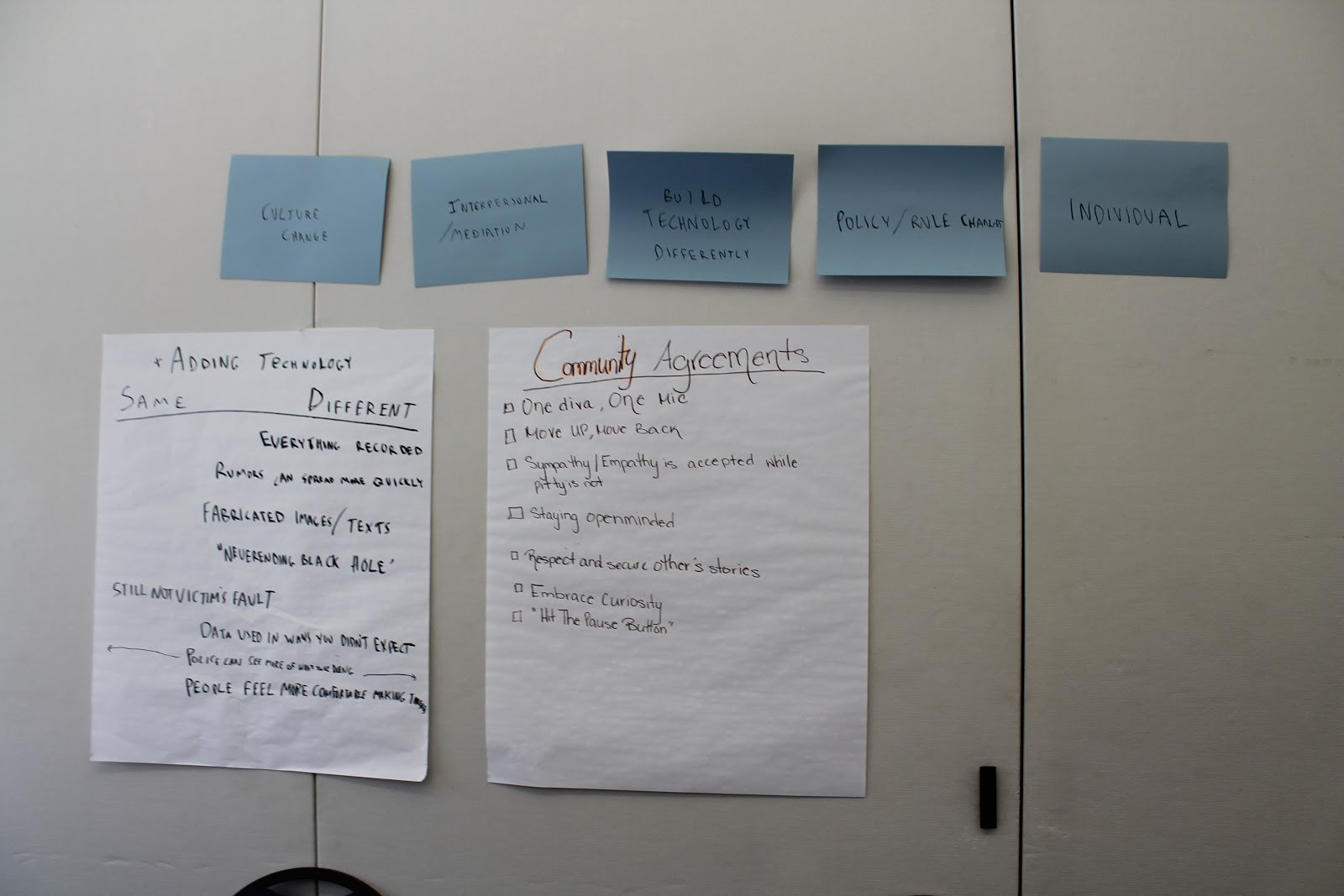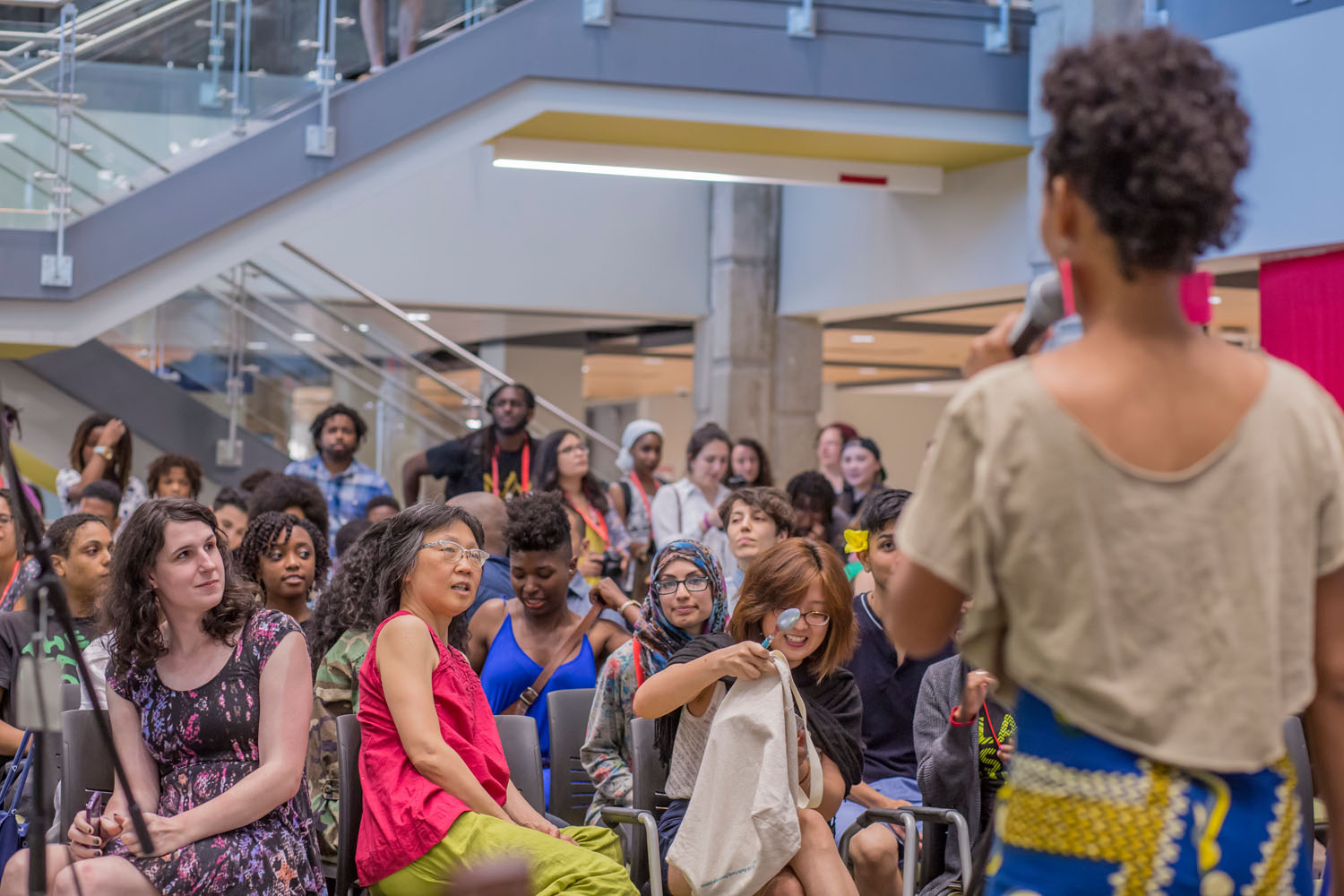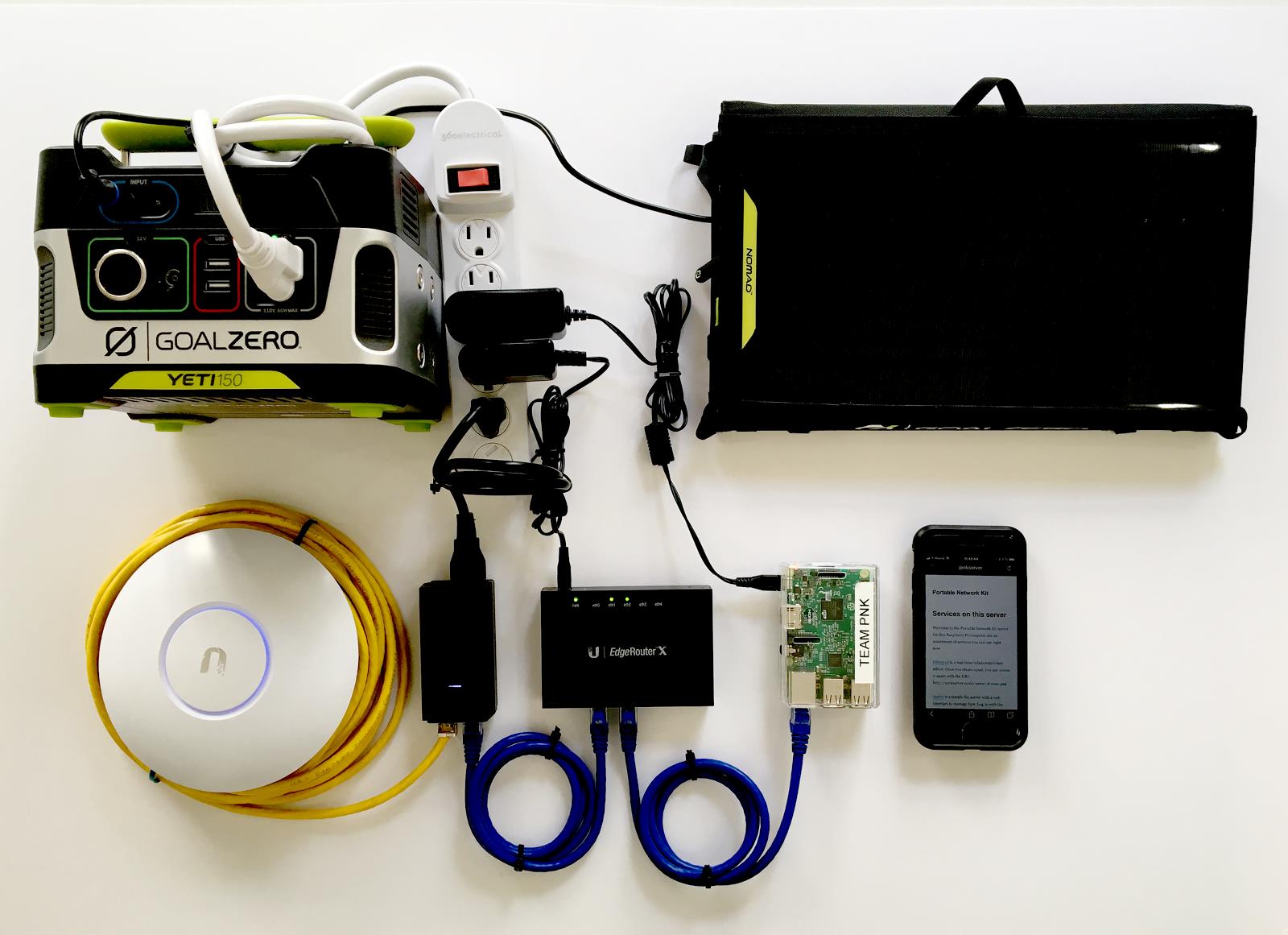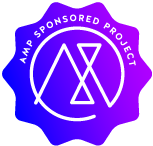It has been about 2 years since the release of Building Consentful Tech, and we thought it would be fun to do a search for references that cite the zine that started it all. This list is current as of Oct 1, 2019. We will eventually migrate this to a full Resources page.
Academic publications
- Cizek, Katerina, William Uricchio, and Sarah Wolozin. "Part 6: Media Co-Creation with Non-Human Systems." Collective Wisdom (1st ed.), 3 June, 2019. https://wip.mitpress.mit.edu/pub/collective-wisdom-part-6. Accessed 1 October 2019.
- Costanza-Chock, Sasha. “Design Justice, A.I., and Escape from the Matrix of Domination.” JoDs, 27 July, 2018. https://jods.mitpress.mit.edu/pub/costanza-chock. Accessed 1 October 2019.
- Digital Equity Laboratory. “Digital Equity Lab Symposium: The Power is Here, the Time is Now.” New School, June 2018. https://drive.google.com/file/d/1WJeqFfDuAvMrhUzdhMEcDZ-_fwdfXlPu/view. Accessed 1 October 2019.
- Kaurin, Dragana. “Data Protection and Digital Agency for Refugees,” World Refugee Council Research, Paper No. 12, May 2019. https://www.worldrefugeecouncil.org/publications/data-protection-and-digital-agency-refugees. Accessed 1 October 2019.
- Stark, Luke and Anna Lauren Hoffmann. "Data Is the New What? Popular Metaphors & Professional Ethics in Emerging Data Culture." Journal of Cultural Analytics, 2 May 2019. https://culturalanalytics.org/2019/05/data-is-the-new-what-popular-metaphor…. Accessed 1 October 2019.
- The Technology for Social Justice Field Scan. "Ecosystem." #MoreThanCode. https://morethancode.cc/report/ecosystem/. Accessed 1 October 2019.
Presentations & curriculum
- Morrone, Melissa. "'What Happens When I Log Off?' Data Privacy Literacy in the Library," Data, Libraries and Justice, Eastern NY ACRL Conference, 22 May 2018. https://slideplayer.com/slide/14224245/. Accessed 1 October 2019.
- Susser, Daniel. "Course Syllabus for IST 402-003: Data Ethics, Penn State University." Fall 2018, www.danielsusser.info/docs/Fall-2018-IST402-Syllabus.pdf. Accessed 1 October 2019.
Popular education resources
- Our Data Bodies. Digital Defense Playbook: Community Power Tools for Reclaiming Data. Detroit: 2018. http://www.odbproject.org/wp-content/uploads/2019/03/ODB_DDP_HighRes_Single.pdf. Accessed 1 October 2019.
Blog posts
- Bomani, Neta. “The Detroit Community Technology Project on Autonomous Communities, the Confluence of Organizing, Technology and the Liberation of Data Bodies.” Tech Zine Fair, 5 January 2019. https://techzinefair.org/2019/01/05/in-conversation-with-dctp.html. Accessed 1 October 2019.
- O’Carroll, Aisling. "A Discussion on Tech in Toronto | Privacy and Data." The Site Magazine, 19 February 2019. https://www.thesitemagazine.com/read/sidewalks-lab-privacy-data. Accessed 1 October 2019.
- Lorraine C, "Reflections on Technology, Consent, Privacy, and Digital Storytelling as a Kid of Immigrants and a Woman of Colour." Guts Magazine, 22 February 2018. http://gutsmagazine.ca/wanting-to-feel-seen-while-wanting-to-feel-safe/. Accessed 1 October 2019.
- "Notes from our Design Workshop 15/09/2018." Commons Platform: Connect to Collaborate and Create, 15 September 2018. https://commonsplatform.org/design-workshop-15-09-2018/. Accessed 1 October 2019.
- "Our Favourite Sessions on Data and Technology at the Allied Media Conference." Powered by Data, 26 June 2018. https://poweredbydata.org/blog/2018/6/26/our-favourite-sessions-on-data-and…. Accessed 1 October 2019.
- Wagoner, Maya M. "Democratizing Tech Education at the Brooklyn Public Library." Medium, 1 August 2018. https://medium.com/read-write-participate/democratizing-tech-education-at-t…. Accessed 1 October 2019.
On social media
- "Search Results: Consentful Tech Zine." Twitter. https://twitter.com/search?q=consentful%20tech%20zine&src=typd&lang=bg. Accessed 1 October 2019.
Have anything to add? Please get in touch!
